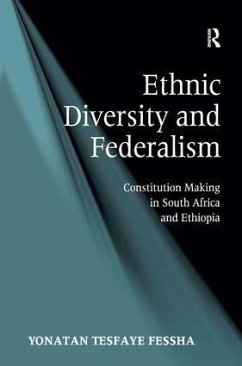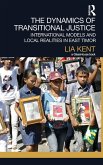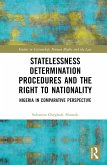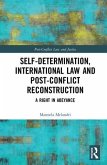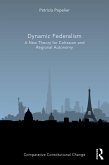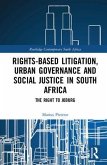The book examines how institutions of multi-ethnic states have been designed to accommodate ethnic diversity and maintain national unity. It locates institutional responses to the challenges of ethnic diversity within the context of a federal arrangement, examining how this has been used to reconcile the conflicting pressures of the demand for the recognition of distinctive identities, and the promotion of political and territorial integrity.
Hinweis: Dieser Artikel kann nur an eine deutsche Lieferadresse ausgeliefert werden.
Hinweis: Dieser Artikel kann nur an eine deutsche Lieferadresse ausgeliefert werden.
'This is an invaluable contribution to federalism literature for scholars and practitioners in existing and emerging federal states. It provides concrete lessons and approaches for multi-ethnic states to balance diversity and national unity. These lessons will have impact beyond the case studies in this book, now and in the future.' Robert F. Williams, Rutgers University School of Law, USA 'The increasingly burning question in law and politics in our globalized world of how to deal with multi-culturally composed populations, is addressed in this comparative study of two topical African examples where nation-building remains an unattainable ideal. The histories of both teach us how urgent innovative constitutional thinking has become.' Francois Venter, North-West University, South Africa 'This book will be of great interest to scholars, students and policy makers interested in which constitutional and institutional devices states can adopt in order to respond successfully to the claims formulated by its diverse ethnic groups... The book is well structured, using a clear and relevant framework to perform the case studies of South Africa and Ethiopia.' Afrika focus

